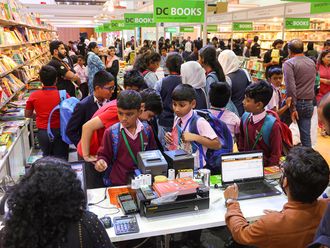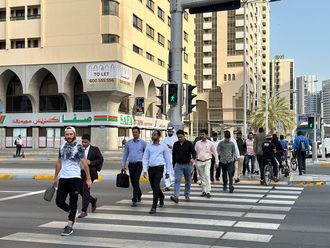- Do not open or close the gas valve hard
- Do not use a hammer in the opening or closing of the cylinder valve
- Do not risk life by trying to transfer gas from one cylinder to another as it may lead to an explosion
- Do not use a cylinder for any other purpose like using them to gain access to a high place or to rest some of the material on them.
- Make sure that there is no flame or any other source of spark while replacing the gas cylinder.
- Avoid storing the gas cylinder inside the kitchen and store it in an outdoor cabinet.
- The safest place to store a gas cylinder is in a well-ventilated, tightly sealed cabinet, away from both direct sunlight and flammable or combustible materials.
- Never try to throw or roll the cylinder.
- Children are prohibited from playing with the gas cylinder even if the cylinder was empty, as well as matches and or cookers' valves.
- Ensure that both the gas cylinder and the gas cooker valves are closed prior to leaving the house.
- It is mandatory to keep an eye on the gas cooker while it is on as experience shows that a lot of house fires are due to lack of any person in the kitchen during cooking
- You should not ignore gas smell no matter how minor, as the presence of gas leakage may cause suffocation or may lead to fire threatening your life.
If you smell gas:
- Remove the nearby ignition sources, immediately close the main valve, and ventilate the area by opening all windows and doors.
- Do not try to turn on or off any electrical switches, do not turn on suction fans or ignite matches to avoid explosion and evacuate the house and call the Emergency if need arises.












